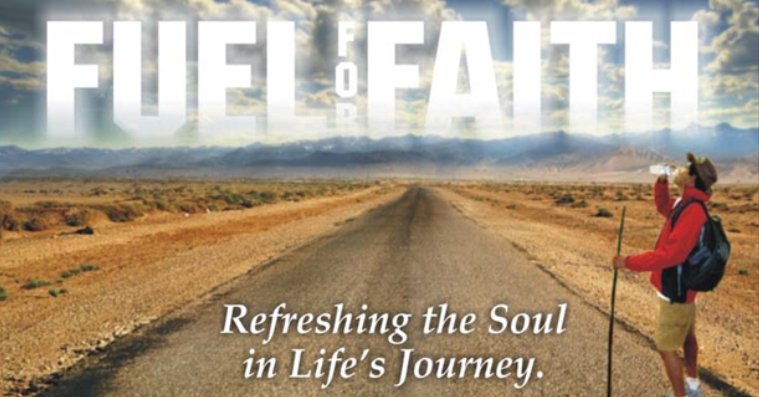
Did you know that January 9th is called “Play God Day? Well, if you did not know that do not be surprised. During my study I found some really weird and bizarre holidays or special days designated for different things, people and creatures. It almost looks like there is a day for just about everyone and everything on the earth. Here are some interesting days: January 19th: National Popcorn Day, January 24th: Beer Can Appreciation Day, January 16th: National Nothing Day, February 6th: Lame Duck Day, April 13th: Blame Someone Else Day, (I do not know who to blame for such a creative idea?) April 17th: Blah, Blah, Blah Day. I am not kidding; you could verify this yourself at www.holidayinsights.com and click on Bizarre and unique days.
My purpose of writing this article is not to talk about these bizarre days, but to talk about man trying to play God. Even though we may laugh at the idea that man is trying to play God one day of a year, in reality many of us unconsciously play God throughout the year. It is a good thing that we reflect God’s love in all the random acts of kindness; however it is a terrible mistake to confuse ourselves with God. Most of us have this kind and helpful side of us that urges us to volunteer to help people when they are in need. However, this good nature becomes a problem when we feel compelled to help everybody in every situation. This is where sometimes we tend to forget our limits as human beings and pretend to be everyone’s savior.
It is a good thing that we reflect God’s love in all the random acts of kindness; however it is a terrible mistake to confuse ourselves with God.
Kevin O’Rourke in one of his articles in Ethical issues in health care says “God has unlimited power, but to be human is to be limited. Unfortunately, admitting limitations and shortcomings seems to be difficult for human beings. If we choose one goal it usually means we must relinquish another? We can’t “have it all!” “Playing God” in the sense of not admitting limitations leads ultimately to personal unhappiness and social disaster.” It is a wonderful thing to help people and rescue them from a potential tragedy, but if we take the burden of rescuing everyone from their difficulty on our own shoulder, we may soon burn out and actually find ourselves in a deeper pit needing rescue.
I’ve found it helpful to think of my role as being a gift to other people, rather than a savior
Blaine Smith writes this in Nehemiah notes: “For the first time it dawned on me that there was a difference between how Jesus ministered to people and how I was expected to do so. God had put me within a certain physical shell, and I was to operate within its limitations. Not only was it okay to pace myself–I was required to do so. What a glorious insight! Many Christians never make this liberating discovery. I’ve known many who feel such an obligation to attend to every need which comes their way that they are constantly exhausted. They become saturated with responsibility within their church, work or community.”
Blain Smith says it is very important to respect our limits while helping others, he adds “As I’ve grown in my understanding of what it means to serve Christ, I’ve found it helpful to think of my role as being a gift to other people, rather than a savior–which Christ alone can be to them…I like the notion of being a gift, for while it suggests that we have considerable responsibility to others, it puts our obligation in right perspective. For one thing, being a gift means that the burden ultimately rests with God, who gives to others through us. There is great rest in knowing that he is doing the giving. Our responsibility is simply to learn to respond to him, so that he will be able to make us the gift he intended.”
A classic example of this is Moses: the prince of Egypt. He had a compassionate heart and had a passion to deliver the Israelites. God had a great plan for Moses’ life, he would use Moses as a key instrument in Israel’s deliverance, but God would be Israel’s deliverer not Moses. When Moses tried to deliver Israel by his own power and might he actually got himself into a big mess, instead of saving the Israelites he had to run for his own life. Forty years later when Moses better understood the difference between being the savior and being God’s gift to people, God called him and used him in Israel’s deliverance. The next time you see someone in need, do take the initiative to help but don’t overwhelm yourself in rescuing others as if you were their savior. Ultimately God is the only savior, you and I are just God’s instruments or gift to people so let’s allow God to use us instead of playing God.
God had a great plan for Moses’ life, he would use Moses as a key instrument in Israel’s deliverance, but God would be Israel’s deliverer not Moses.
– – Author: Rev. Francis Burgula – –
